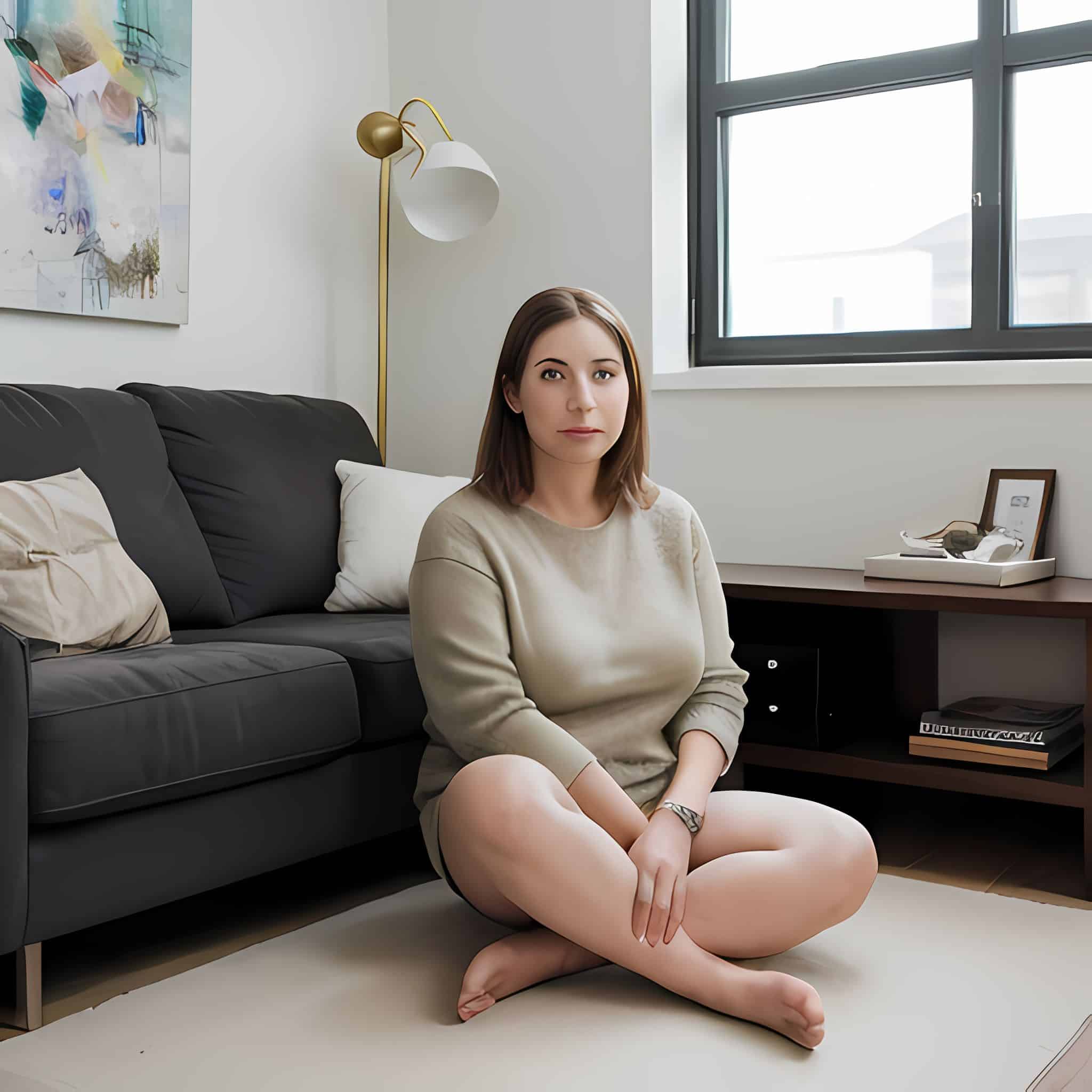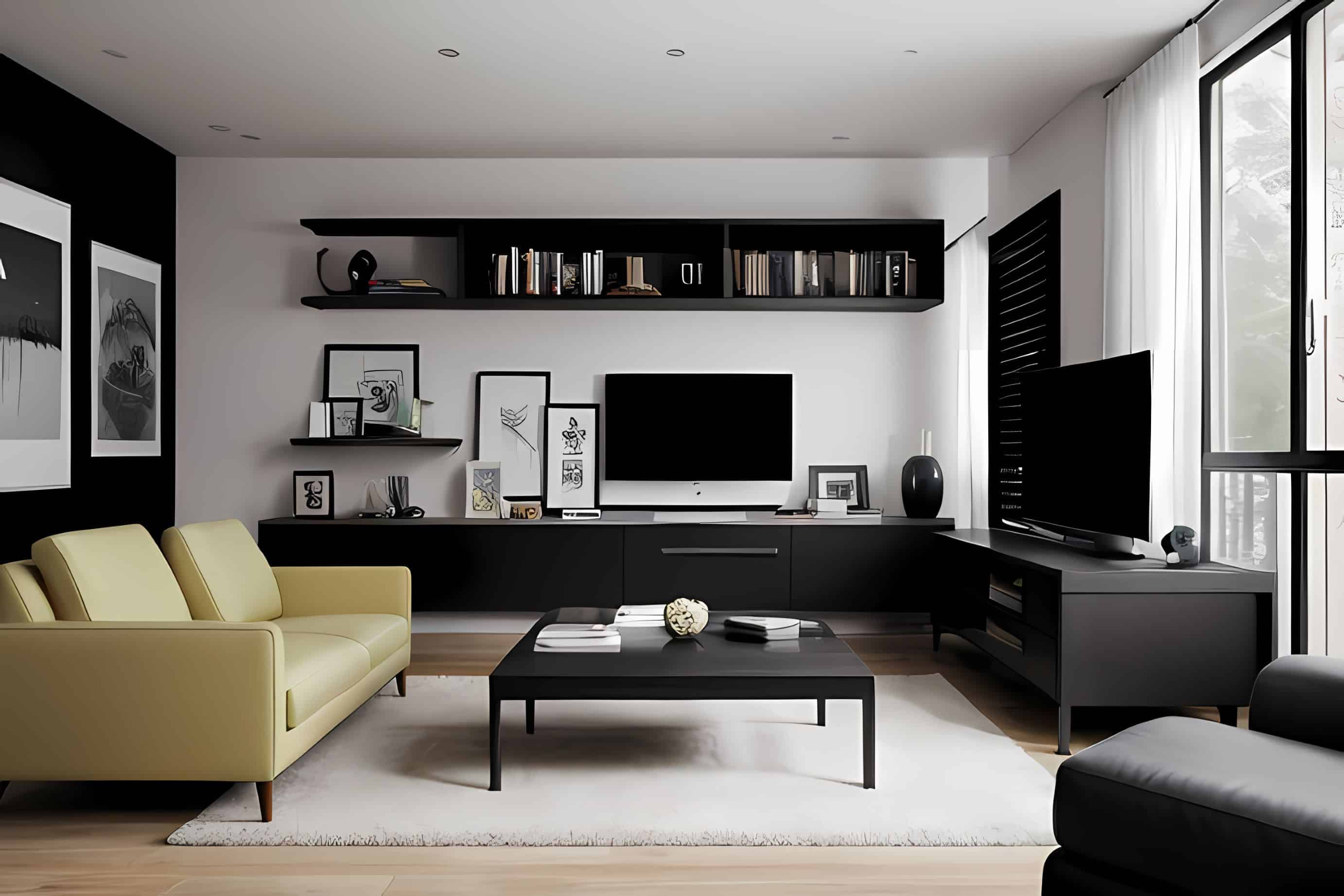Getting rid of clutter. It can be a monumental task for some. And if you’ve ever felt overwhelmed by the sheer amount of stuff in your space, it isn’t just a physical obstacle; it can be a mental one, too. But what happens when we decide to tackle it head-on? The advantages of getting rid of clutter are immense and affect your life in ways you might not expect.
Getting Rid Of Clutter – The Psychological Benefits

Decluttering isn’t just about tidying up; it’s a transformative process that can have profound psychological benefits. Let’s explore how clearing clutter can lead to a healthier, more focused, and happier mind.
Reduced Stress and Anxiety: A cluttered space can be a constant source of stress. It reminds us of tasks undone and can make our environments feel chaotic. Cleaning out unnecessary items makes your environment more serene, reducing stress and anxiety.
Enhanced Focus and Productivity: Clutter competes for your attention, often leading to distractions. A decluttered space can help you focus better on the tasks, whether work, study or a hobby. A clutter-free space can increase productivity and a sense of accomplishment.
Improved Mental Health: Living in a clutter-free environment can significantly improve your mental well-being. It creates a sense of order and control, which can be remarkably empowering.
The Physical Benefits Of Getting Rid Of Clutter
Beyond the mind, decluttering offers physical benefits you’ll notice when you say goodbye to clutter.
- Healthier Living Spaces: Clutter can accumulate dust, mold, and other allergens, affecting indoor air quality. By decluttering, you can create a healthier living environment, reducing the risk of allergies and respiratory problems.
- Increased Physical Activity: Decluttering can be a form of physical exercise. Sorting, lifting, and organizing requires physical effort, which can contribute to your overall fitness.
Frequently Asked Questions
A: Start small. Choose one area or category to focus on. It might be a drawer, a shelf, or specific items, like clothes. The key is not to overwhelm yourself.
A: A clutter-free environment can reduce stress and anxiety by creating a sense of order and space, which can be very calming.
A: Adopt a ‘one in, one out’ rule, where you get rid of something every time you bring in a new item.
A: Ask yourself if the item is valuable, brings you joy, or if you’ve used it in the last year. It might be time to let it go if it doesn’t meet these criteria.
A: Yes, it’s a continuous process. Regularly evaluating your space and items will help maintain a clutter-free environment.
A: Absolutely. Letting go of items can be challenging, especially if they hold sentimental value. It’s important to acknowledge these feelings as part of the process.
The Emotional and Social Benefits
Embracing a clutter-free life also enriches our emotional and social well-being. Let’s dive into how a simplified space can positively impact our relationships and emotional health.
- Improved Relationships: Clutter can cause tension, especially when shared spaces are involved. A decluttered home can lead to a more harmonious living situation.
- Emotional Release: Letting go of items can be an emotional process, but it can also be incredibly liberating. It allows you to release the past and make room for new experiences and opportunities.
The Financial Benefits
Decluttering can benefit your wallet, too. Here’s a look at the financial upsides of reducing clutter.
- Cost Savings: By decluttering, you become more aware of what you own, reducing the likelihood of buying duplicates. This awareness can lead to more thoughtful purchases and savings.
- Potential for Extra Income: Selling items you no longer need can provide a financial boost. Online marketplaces and garage sales are great venues for turning clutter into cash.
Understanding and Compassionately Addressing Hoarding
It’s important to acknowledge that for some, clutter can be more than just a few extra items. Hoarding is complex and challenging but can be approached with understanding and care. If you or someone you know is struggling with hoarding, remember the habit is more complicated than keeping physical items. It often requires addressing underlying emotional or psychological factors.
Professional help can make a significant difference. Therapists, professional organizers who specialize in hoarding situations, and support groups can offer the necessary guidance and understanding. These resources provide practical assistance in decluttering and compassionate support in navigating emotions.
Embracing Space for The Treasures In Life
Decluttering isn’t just about creating space in your home; it’s about creating space in your life for more meaningful experiences and connections. As you embark on this journey, remember to be kind to yourself. Each item you let go of is a step towards a more organized, peaceful, and fulfilling life.





